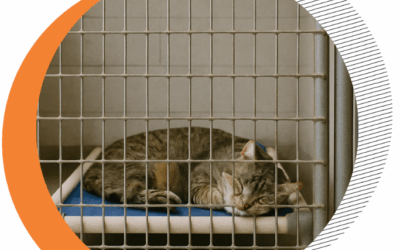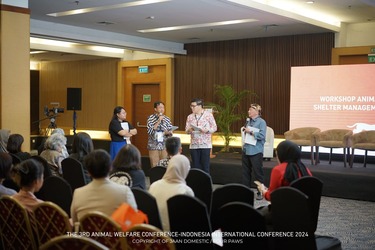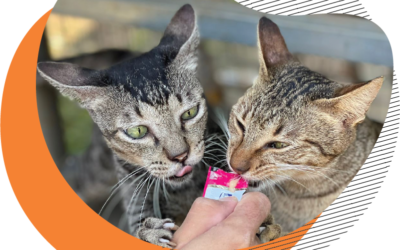
4 Types of Waste in Animal Shelters
By : drh. Mikeu Paujiah and Maryam Smeer
Translator : AWI Team
Waste is something that is no longer used and needs to be disposed of. Animal Shelters also produce waste that needs to be handled appropriately.
In this article, let’s talk about the types of waste that may be generated by animal shelters.
Solid Waste
Examples of solid waste are:
- Animal Manure
Animal faeces are considered organic waste. But if not managed properly, then the spread of disease is prone to occur. This is because many diseases are easily transmitted through animal faeces.
- Leftover Food
Food that is not used up or even expired can also become waste in animal shelters. This will also pollute the shelter environment if not managed properly.

Image 1. Program Peduli Kuda Pekerja
Liquid Waste
Examples of liquid waste are:
- Dirty Water
This is water used to clean cages or animals. It often contains organic matter as well as residual chemical cleaners such as soap, shampoo, etc.
- Urine
As we know, animal urine contains Ammonia and other chemicals that need to be managed carefully. In addition, urine can also be a medium for disease transmission. So, be careful in managing it!
Read Also : The Impact of Overpopulation in Shelter

Image 2. JAAN Domestic Shelter
Medical Waste
Examples of medical waste are :
- Syringes and other used medical equipment
This equipment is commonly used for vaccination and treatment of animals at the Shelter.
- Expired medicines
Expired stock of medicines must also be disposed of immediately. As a result, medical waste is also generated from here. Dispose of expired medicines safely without polluting the environment!
- Bandages/wound dressings
Disposing of bandage/wound dressing waste also requires great care. This is because these materials have been used in animal care. Usually, they are contaminated with blood or other body fluids from the treated animals. Of course, this will be a medium for transmitting the animal’s disease. So, be careful in managing this waste.

Image 3. https://www.universaleco.id/
Chemical Waste
Cleaners and disinfectants fall under the category of chemical waste. These are indispensable in Animal Shelters to clean and sterilise the facilities. However, these will become hazardous waste if not managed properly.
Read Also : 12 Simple Enrichments at Cat Shelters

Image 4. Disinfektan Bottles
Handling waste in shelters is not a job to be taken lightly. Every waste generated needs to be carefully managed. Otherwise, the waste will become a source of disease that threatens the health of animals and humans in the Shelter environment.
So, it’s not just about keeping the shelter environment clean, but also ensuring that the shelter is a safe and healthy place for all its residents.
Therefore, it is important for every shelter manager to understand the types of waste generated and implement appropriate management methods. That way, animal shelters can perform their functions optimally without polluting the surrounding environment.
Source :
Brelsford, V. L., Meints, K., Gee, N. R., & Pfeffer, K. (2017). Animal-Assisted interventions in the classroom-a systematic review. International Journal of Environmental Research and Public Health, 14(7), 669. https://doi.org/10.3390/ijerph14070669
Verhoeven, R., Butter, R., Martens, R., & Enders-Slegers, M.-J. (2023). Animal-Assisted education: Exploratory research on the positive impact of dogs on behavioral and emotional outcomes of elementary school students. Children, 10(8). https://doi.org/10.3390/children10081316
Related Post





